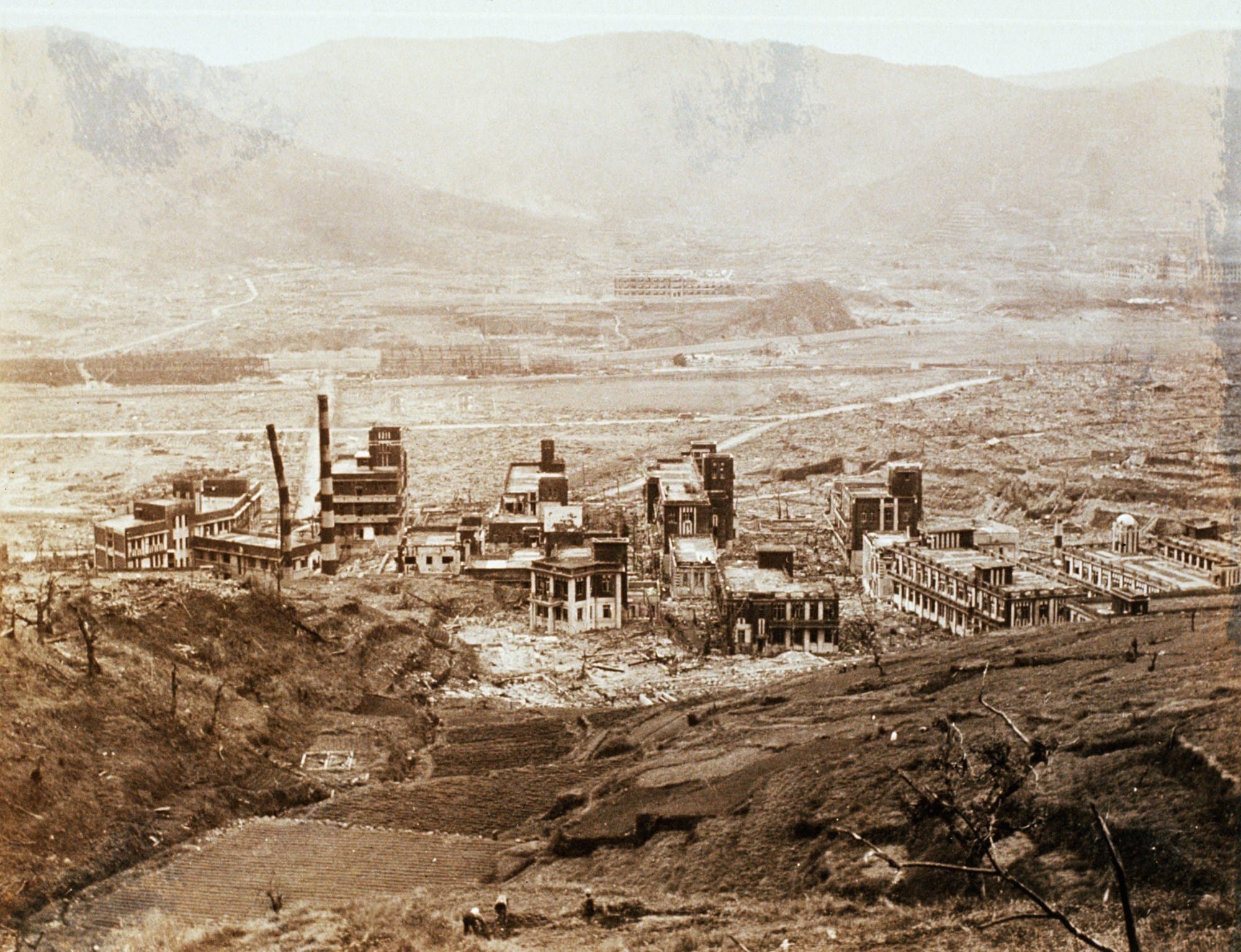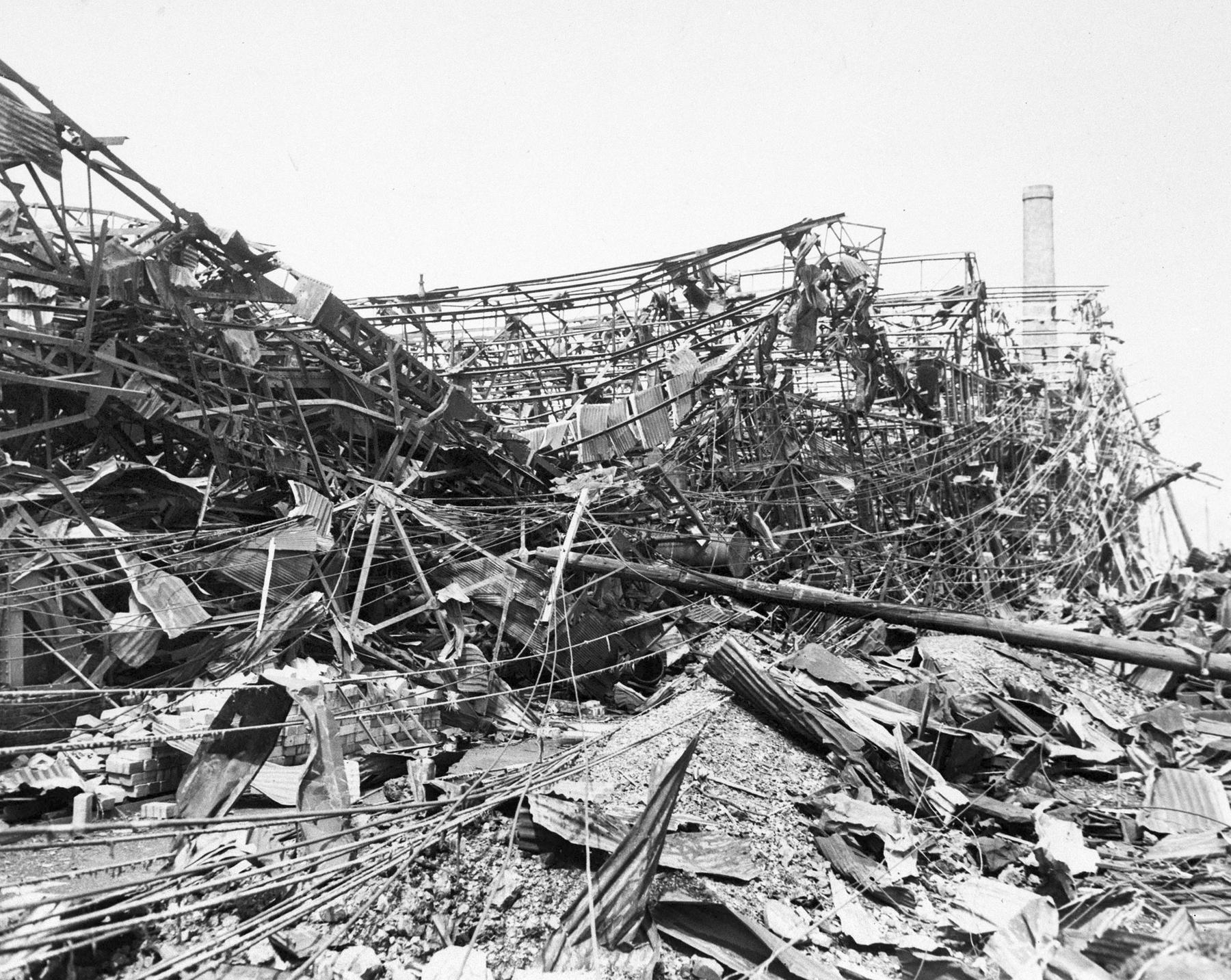Japan's Reaction
Despite the horror of Hiroshima, there were many in the Japanese government that disbelieved the United States had the technical ability to develop, yet alone transport and drop, an atomic bomb.
The events of August 9 changed all that.

Japanese Foreign Minister Shigenori Togo called the ninth of August "a bad day." The Soviet Union declared war on Japan, overrunning the Kwantung army in Manchuria. Sumihisa Ikeda, Director of the Imperial Cabinet Planning Board, described the once invincible army as "no more than a hollow shell."
When news of the Nagasaki bombing reached Tokyo, Togo proposed acceptance of the Potsdam Declaration which set out terms of surrender for Japan and was signed by the United States, Great Britain, and China (U.S.S.R. ruler Joseph Stalin was a principal participant at Potsdam but did not sign the declaration). Japan's Supreme War Direction Council was deadlocked on a decision.

Debate continued throughout that day and night. Finally, at 2 A.M. August 10, 1945, Prime Minister Admiral Baron Kantaro Suzuki respectfully begged His Imperial Majesty Hirohito to make a decision. Hirohito did not hesitate, "...I do not desire any further destruction of cultures, nor any additional misfortune for the peoples of the world. On this occasion, we have to bear the unbearable." The emperor had spoken.

Unfortunately antisurrender sentiment and objections from much of the Japanese military was widespread. Vice Admiral Takijiro Onishi, founder of the kamikazes, argued the Japanese "would never be defeated if we were prepared to sacrifice 20,000,000 Japanese lives in a 'special attack' effort." He later committed suicide rather than surrender.
Hirohito was determined. Against all precedent, the emperor himself convened an Imperial Conference and at noon on August 15, 1945, announced Japan's surrender. The war was over.